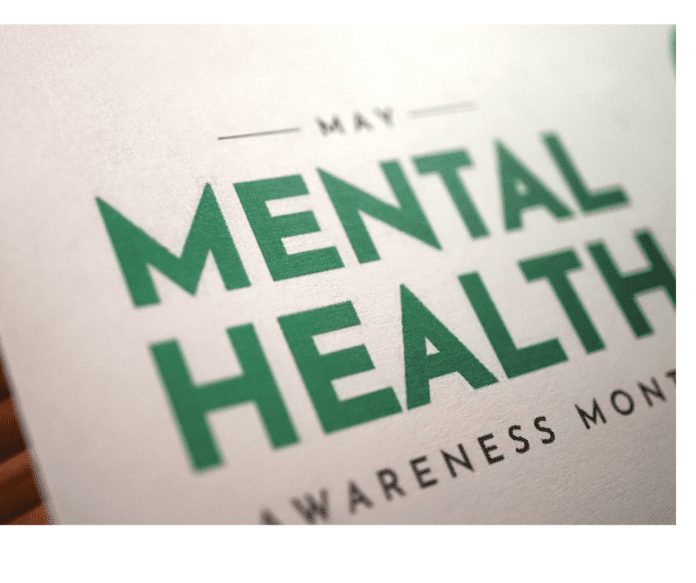When you live with a mental health condition, your brain and body often send you a message that makes you feel like you are in a crisis situation. But sometimes you may find yourself in a dangerous situation.
For our purposes here, a crisis might mean getting in trouble with the law or injuring yourself accidentally or on purpose. It’s also a crisis situation if you find yourself developing a plan to take your own life or are considering hurting others. In any crisis matter, it’s first important to evaluate the situation asking: What is the nature of my crisis? Is it something that requires urgent treatment urgently?
If you have developed a plan to kill yourself, that’s an immediate mental health crisis and you should go to a hospital emergency room, call 988, the Suicide and Crisis Life Line or 844.772.4727, our Regional Crisis Line or Text: “MN” to 741741. Take note: Self harm and/or Suicide are not the answers!
If you’re not sure you’re in a mental health crisis with thoughts about dying, ask yourself if you have already thought about what method you would use. If you’ve thought about where, how, or when you would take your life, that means you’ve begun developing a plan.
If you’re still hesitating, ask a friend or family member to stay with you while you may be at risk. If you or someone you know is struggling or in crisis, help is available! Suicides are preventable. Please get in touch with your mental health professionals. Tell professionals and the people around you what’s going on. Do your best to avoid a crisis.
If you live with a mental health condition, it’s important to plan ahead. Talk with your mental health care givers and put in place where to go for intensive treatment, how to get there, how to take time off work or explain your absence to others, and what methods you can use to calm yourself in an emergency.
Above all, you and those closest to you should know how to reach your mental health professionals in case of an emergency. It’s also valuable to know the phone number of a Crisis Response Team (CRT), which is in Lake County in coordinated out of the HDC – Human Development Center, by calling the number: 844.772.4727. For veterans, call 988 to be immediately routed to the National Veteran Crisis Line.
If your health condition has grown worse recently but you are not having thoughts of suicide, it could mean that you need to seek help or make changes to your treatment plan if you are already receiving treatment. Talk to your doctor. Don’t be afraid to speak openly and honestly about what is and isn’t working with your treatment plan.
If you don’t currently have a mental health professional, make an urgent appointment with a primary care physician just as you would for the flu or an infection, so that you can begin finding professional support quickly.
In difficult times, many people benefit from reaching out to friends, family and support groups for encouragement. It can also be helpful to call a “warmline”—a phone number where trained volunteers offer sympathy and support. The MN Warmline, if not in a crisis, is 877.404.3190. The person you talk to will be a peer living with a mental health condition.
Finally, think about what has helped stabilize you in the past and create a “toolbox” of coping mechanisms. Would it help to talk to a friend to worship on a Sunday morning, pray, or meditate on a devotional? Would it help to take a nap, exercise, connect with nature, or go for a walk? Take action to help yourself, even if you doubt it will work. Doubt and feelings of helplessness may be symptoms of a mental health condition. Do something that might make you feel better and observe how you feel afterwards. Remember that you are not alone and help is available. Visit the Minnesota Department of Health at www.health.state.mn.us to learn more about your mental health resources.
Article by Dean Rudloff, member of the Lake County Mental Health Task Force, the North Shore Mental Health Group, and the Vail Place Clubhouse Coalition – organizations committed to mental wellness, supporting one’s ability to thrive despite the challenges of mental illness.




